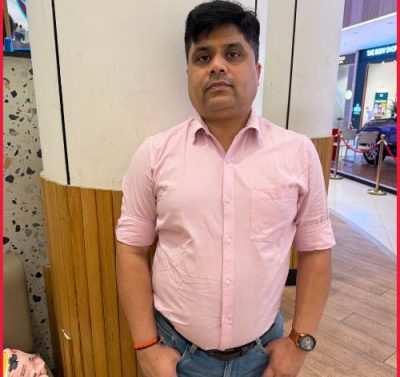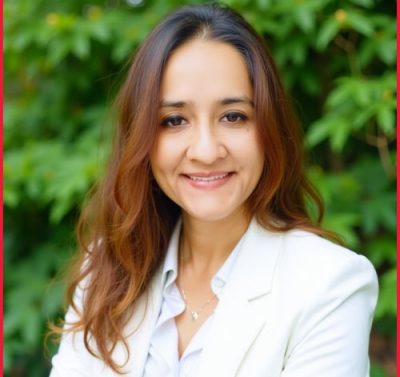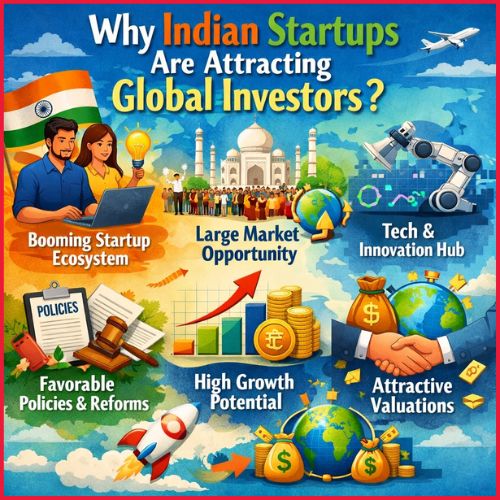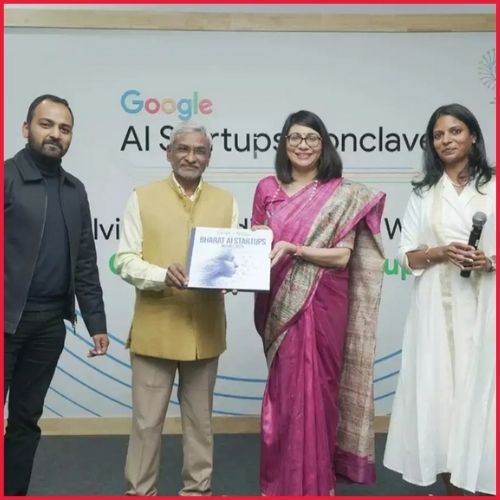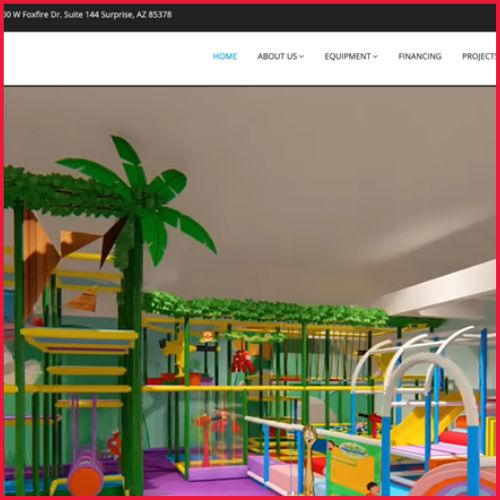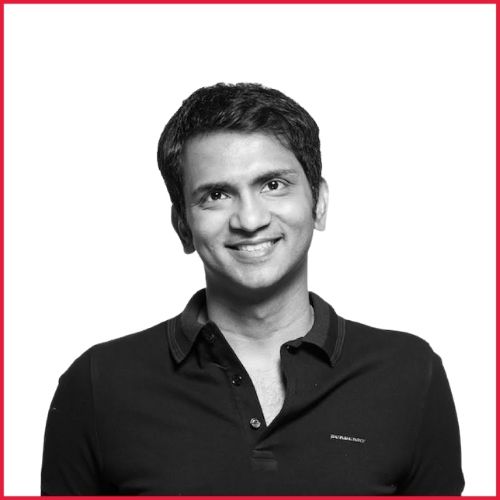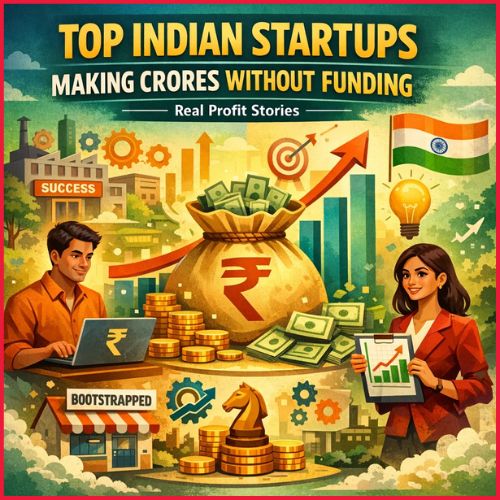Dunzo can bring some documents to your office if you forgot them at home. Dunzo will get you a t-shirt from a mall if you cannot go to that mall to buy it yourself.
Introduction
With the significant developments in mobile applications, one aspect has been streamlined: product delivery. And when it comes to delivery-related responsibilities, Dunzo has been a godsend for many.
Dunzo’s characteristics will have you slouching on your couch in no time. Dunzo is on its way to making an impact, with hundreds of favorable reviews and investor appreciation.
The phrase Dunzo is a slang acronym that means “done” or “completed.” The firm chose this name since they are focused on completing or delegating the task that their clients have given to them. Dunzo may do any work that the customer asks to finish or transport from one area to another, as the name implies. The main concept behind the company’s brand is to be quick, dependable, and brave.
Dunzo is an Indian firm that provides hyper-local on-demand delivery services. The delivery company provides all of the goods requested by the user on demand for a little fee.
The site also includes partnerships with a variety of eateries, apparel businesses, and general stores. Bengaluru, Noida, Delhi, Chennai, Hyderabad, Pune, Hyderabad, and Mumbai are among the cities where it now works.
Dunzo offers a single platform for all commodities, including groceries, pet supplies, health and wellness, bike rides, laundry delivery, pick-up and drop-off services, and a variety of other services.
Meet the founders
Kabeer Biswas is the founder of Dunzo and the one who came up with the idea for the platform. At the age of 28, he took the initiative to save the public’s time by introducing the Dunzo platform concept. Kabeer is a Mumbai University engineering graduate and alumnus of Mumbai’s Narsee Monjee Institute of Management. He is also the inventor of Hoppr, a platform that was eventually sold to Hike Messenger. In addition, from 2007 to 2010, he worked with Airtel in the sales and manufacturing department.
Ankur Agarwal, a computer science graduate from IIT Roorkee, is one of Dunzo’s co-founders. Mukund Jha, who worked with Ankur at Google, is the platform’s other co-founder. Filter, an HR IT startup founded by the two, was also founded by them. Dalvir Suri, a Mumbai University graduate, is the platform’s fourth co-founder. He worked with IBM as well as Cybrilla Technologies, where he was the operations and delivery leader.
How it all started
After six months in Bengaluru, Kabeer Biswas became bored. He decided to try out a novel company concept based on a to-do list that completes itself. Dunzo was founded on this principle. Dunzo’s headquarters became his modest room in a duplex. He then began informing his pals about the plan, which quickly gained traction. Kabeer quickly began conducting errands for others on his bike and making deliveries on his own. People sent him a message on WhatsApp, and he made sure their mission was completed.
He engaged a few part-time individuals from an NGO to assist him with this endeavor. In June 2015, this squad accomplished 70 deliveries in a single day. Dunzo’s popularity soared as a result, and the business obtained its first substantial investment just three months later. In 2016, the WhatsApp-based company and service were turned into an app due to increased demand. Other co-founders stepped in and helped the Dunzo app become a tremendous hit.
Funding
Dunzo reported revenue from operations of $6.22 million (Rs 45.8 crore) in FY21, up 66.5 percent from $3.73 million (Rs 27.5 crore) in FY20.
In FY19, the Bangalore-based delivery firm recorded total revenue of $483K (INR 3.5 crores). “Revenue from operations” accounted for $104K (INR 76 lakhs), whereas “other income streams” accounted for $372 K (INR 2.7 crores).
Furthermore, Dunzo noted that the firm’s GMV on its platform increased by approximately 64 percent to $80.17 million (Rs 590 crore) in FY21, up from $48.92 million (Rs 360 crore) in FY20.
When we look at the costs, we can see that employee benefits have taken up a significant portion of the budget.
It accounts for about 37.4 percent of the total annual expenses. These costs increased by 24.7 percent to Rs 91.6 crores in FY21.
In FY19, Dunzo reported a loss of $23.4 million (INR 169.7 crores), up 671 percent from the previous year’s loss of $2.9 million (INR 21.9 crores) (as stated by the documents filed with the Registrar of Companies).
Dunzo’s yearly losses in FY20 were $45.98 million (Rs 338.4 crore), which were effectively reduced by 33.3 percent in FY21 to $30.67 million (Rs 225.7 crore). Despite the fact that the cash burn has halted, the outstanding losses remain at $104.36 million (Rs 768 crores), with an EBITDA margin of -425.3 percent.







